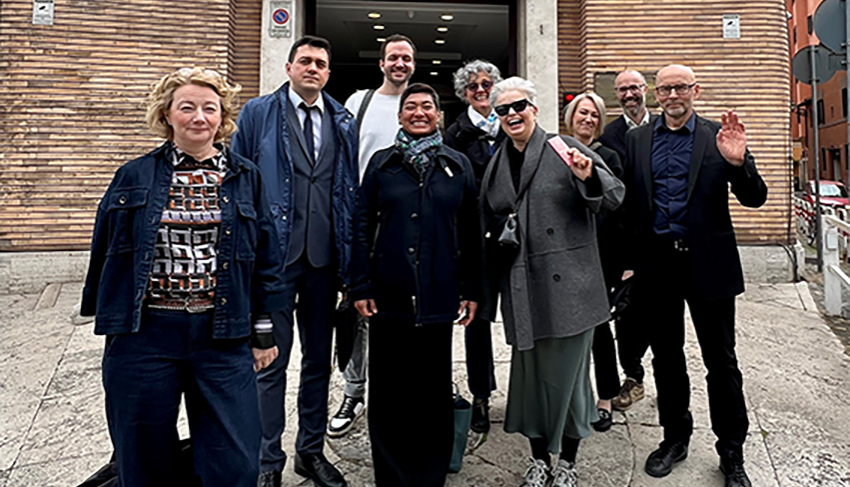EU: How will we know which eHealth solutions are good?
Technological development is moving at an incredible pace. New solutions are constantly coming onto the market. What was good yesterday is outdated today. How should we navigate this jungle? Those who choose and buy healthcare solutions need something to lean on.

For several years, the European Commission has been trying to find a common way to evaluate and validate e-health. The existing methods are not coordinated at European level. This makes it challenging to capture the real added value of health technology.
Method for validation
Health Technology Assessment, or HTA, has been applied for many years to medical and pharmaceutical technology.HTA is used to gather research-based, ethical, legal, organizational and socio-economic documentation for decision-makers in the health service.
But is HTA equally suitable for evaluating tools for prevention, treatment and diagnosis? The EU project EDiHTA will find the answer.
- Technology can improve the quality of and access to healthcare while ensuring a sustainable sector, but we need to know that it is good enough, says project manager Line Linstad at the Norwegian Centre for E-health Research.
She is leading work package 2 in EDiHTA, and will analyze how EU policies related to the European Health Data Space and AI, data and cyber regulations affect the development of an HTA framework for e-health.
Introduction of AI releases resources
The Norwegian partners in the project are the Norwegian Center for E-health Research and DNV. The project “Introduction of artificial intelligence in Vestre Viken”, for which E-health Research is a follow-up researcher, is one of six pilots.- Being involved as a pilot in this project is particularly important for us, as we are in the process of moving up the artificial intelligence trail in the health service. We see that it frees up time for healthcare professionals. We hope and believe that this framework will contribute to a standardization for the assessment of digital technologies, and that the processes will thus be better, faster and with less use of resources, says Bjørn Anton Graf, implementation manager at Vestre Viken.
The patient's healthcare service
Over four years, 16 European partners from academia, healthcare and business will work together to develop a framework that will support clinicians, managers and policy makers in Europe's new health union, which also includes Norway.- For a public health service with limited resources, a validation framework will be a tool for making rational decisions about investments in the health service. The solutions introduced will be able to provide citizens with more targeted prevention and treatment, Linstad concludes.